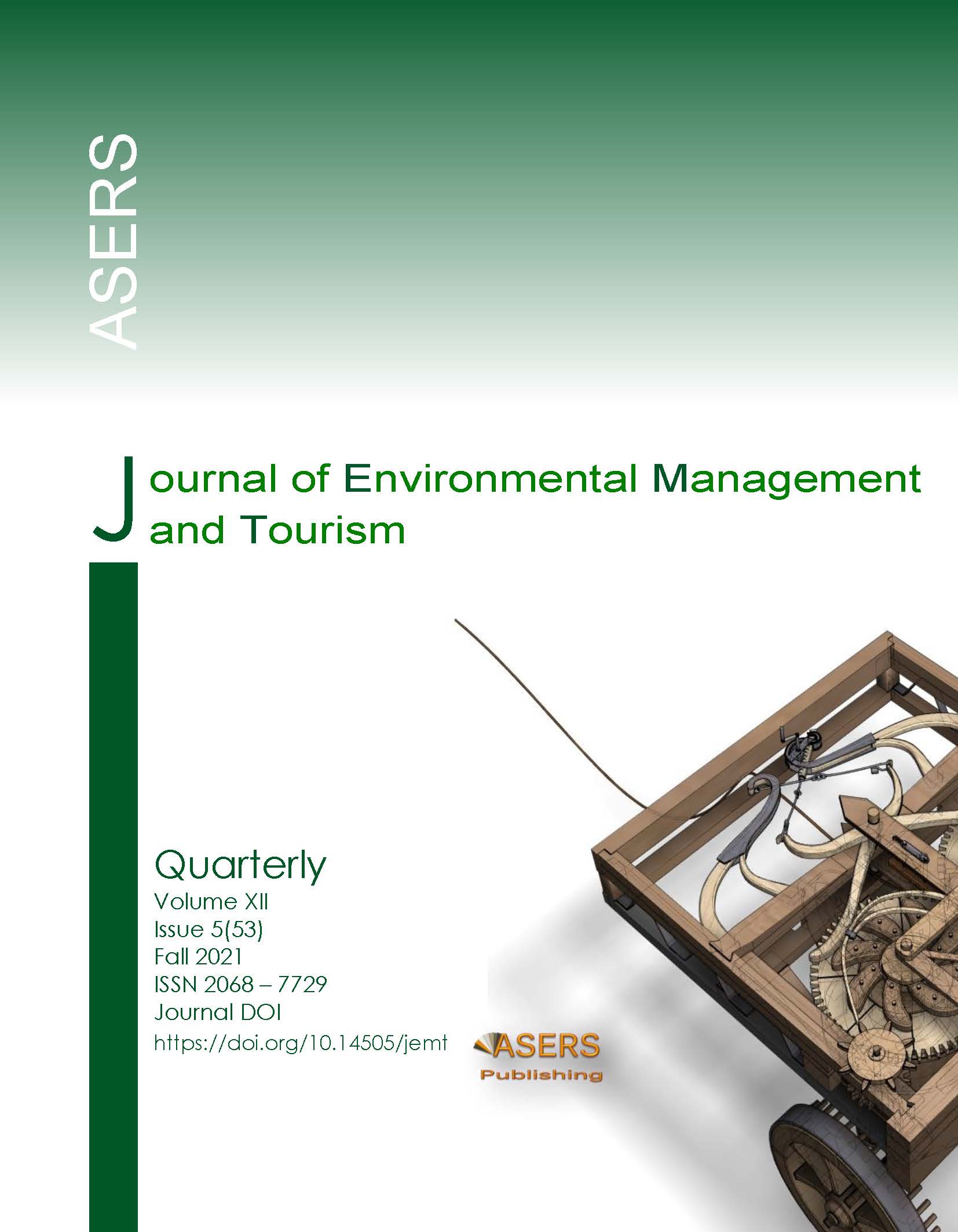The Implication of Transnational Communication Framework on Domestic Plastic Policy Understanding. A Study of Tourism’s SMEs in Thailand
The Implication of Transnational Communication Framework on Domestic Plastic Policy Understanding. A Study of Tourism’s SMEs in Thailand
Author(s): Ahmad Mujafar Syah, Liou-Yuan Li, Muhammad Syukur, Tai-Ju Wu, Viphawanee BoonSubject(s): Economy, Business Economy / Management, Tourism
Published by: ASERS Publishing
Keywords: transnational communication framework; domestic plastic policy transfer; tourism’s SME; plastic consumption issues;
Summary/Abstract: Ironically, with an overwhelming usage of plastic shopping bags, and product packaging among Thailand’s small medium enterprises like the nation’s tourism street markets, literature, and informed practices on Thailand’s domestic plastic policy communications towards a policy understanding, are still insufficient. The current condition has eventually made this study possible. The research significance has reflected the diffusion of transnational communication framework towards domestic policy transfer and underscored a better attempt of policy understanding process especially towards tourism’s SME. The research employed a quantitative methodology with a total of 380 paper questionnaires distributed to SME sellers at Chatuchak Weekend Market in Bangkok. While the research endeavored to exercise the policy communications evidence of two major plastic policies in Thailand (National 3R Strategy Campaign & Plastic Debris Management Plan 2017-2021), of 380 respondents, 300 (79% response rate) were validated and proceeded to the next sequence of the survey as they had knowledge about mentioned two policies. With three types of communications venues proposed (non-formal, semi-formal & formal) and targeting three different policy understandings (objective, subjective & overall policy understanding), the finding has shown that all proposed communication venues, although robustly designed by an applicable theoretical foundation, did not contribute to the plastic’s overall policy understanding. Nevertheless, formal communication venues contributed positively toward an objective understanding of the policy, and non-formal venues toward subjective understanding. Most significantly, the distinctive finding of this research is a strong argument that Thailand’s government has not fully deemed the effective strategy and framework for its domestic plastic policy transfer - notably to tourism’s SMEs.
Journal: Journal of Environmental Management and Tourism (JEMT)
- Issue Year: XII/2021
- Issue No: 05(53)
- Page Range: 1155-1170
- Page Count: 16
- Language: English
- Content File-PDF

